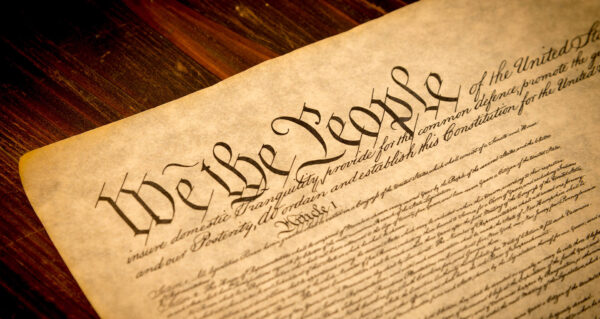Unpacking Presidential Pardon Powers
Can A President Pardon Himself? Unpacking Presidential Pardon Powers “Justice is indiscriminately due to all, without regard to numbers, wealth, or rank” (John Jay) Hunter Biden’s legal problems increasing and there is mounting evidence that Biden family members, including President Biden, may have been involved in committing numerous crimes from money laundering to accepting bribes. … Continue reading Unpacking Presidential Pardon Powers
2 Comments
